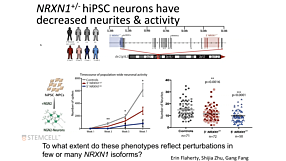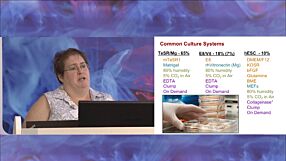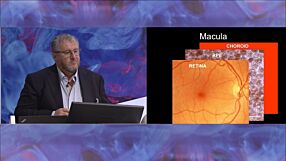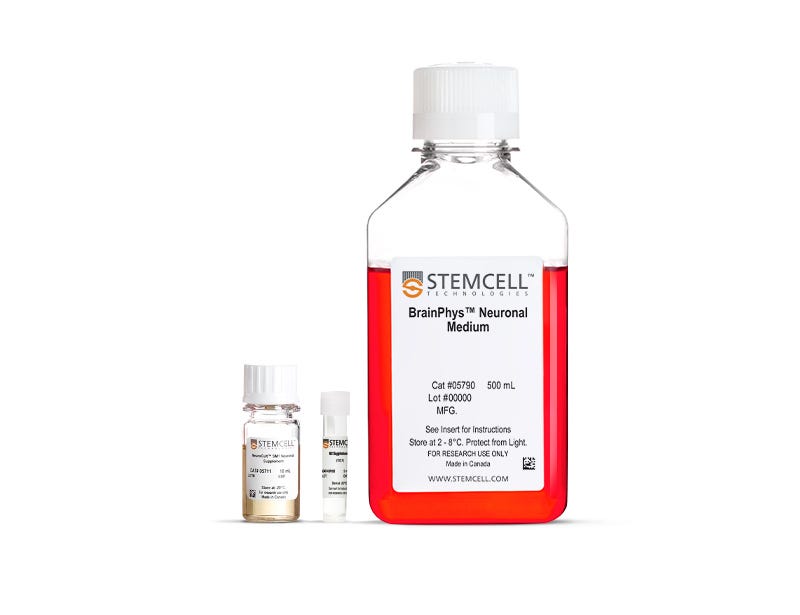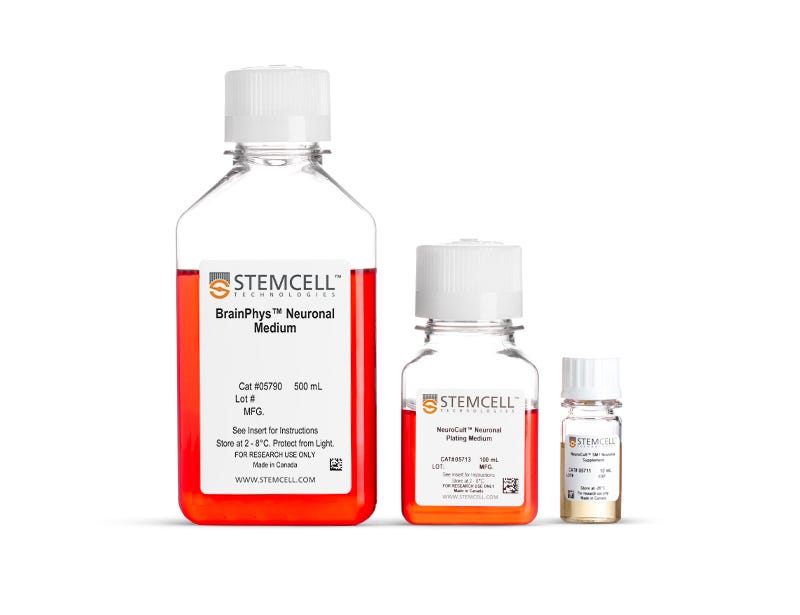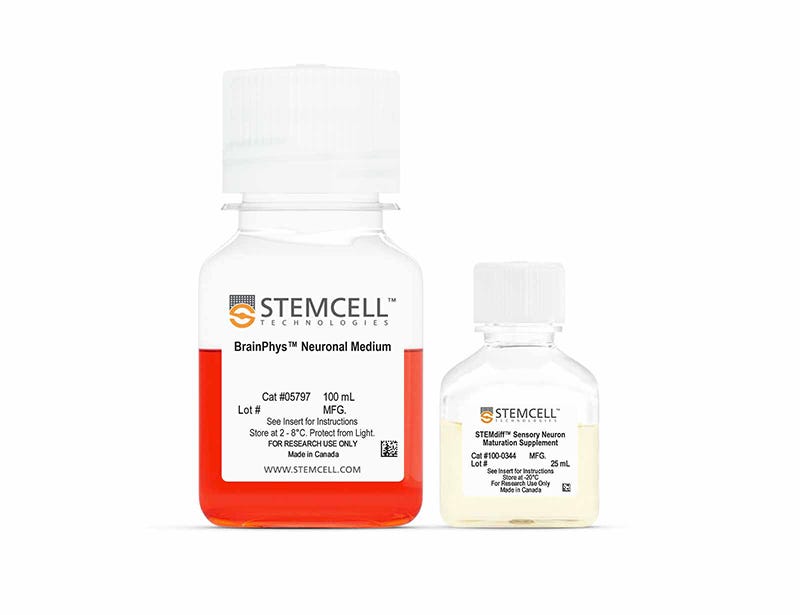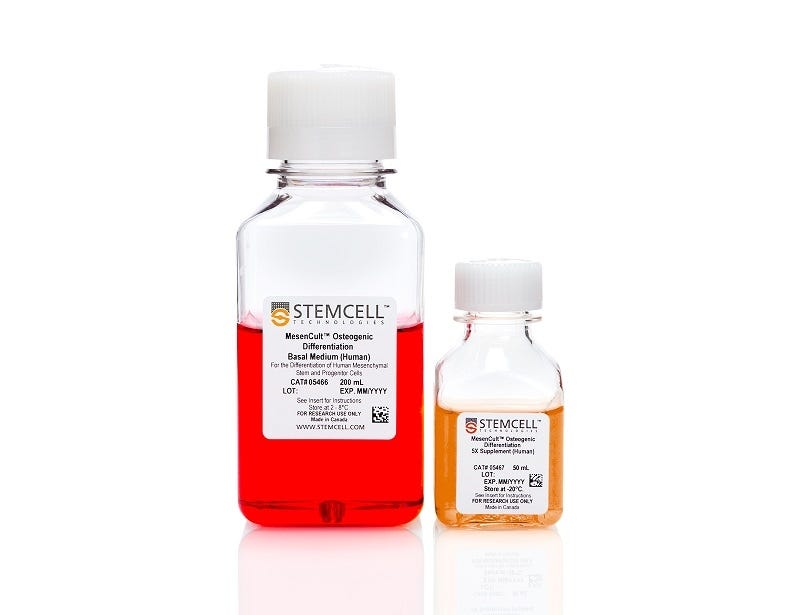hPSC-Derived Neural Crest: Induction and Axial Patterning
Neural crest cells migrate long distances in the body and generate a wide variety of cell types, including those in the peripheral nervous system and craniofacial skeleton. Learn how efficient neural crest induction from human pluripotent stem cells (hPSCs) requires exposure to a carefully balanced combination of signals that has been deduced and refined from what we know of neural crest development in the embryo. In this webinar, Dr. James Hackland describes the intricacies of neural crest induction in vitro, as well as recent advances in axial patterning of hPSC-derived neural crest to generate the wide variety of neural crest derivatives that exist in the vertebrate body.
Publish Date:
March 18, 2020
Request Pricing
Thank you for your interest in this product. Please provide us with your contact information and your local representative will contact you with a customized quote. Where appropriate, they can also assist you with a(n):
Estimated delivery time for your area
Product sample or exclusive offer
In-lab demonstration
By submitting this form, you are providing your consent to STEMCELL Technologies Canada Inc. and its subsidiaries and affiliates (“STEMCELL”) to collect and use your information, and send you newsletters and emails in accordance with our privacy policy. Please contact us with any questions that you may have. You can unsubscribe or change your email preferences at any time.
